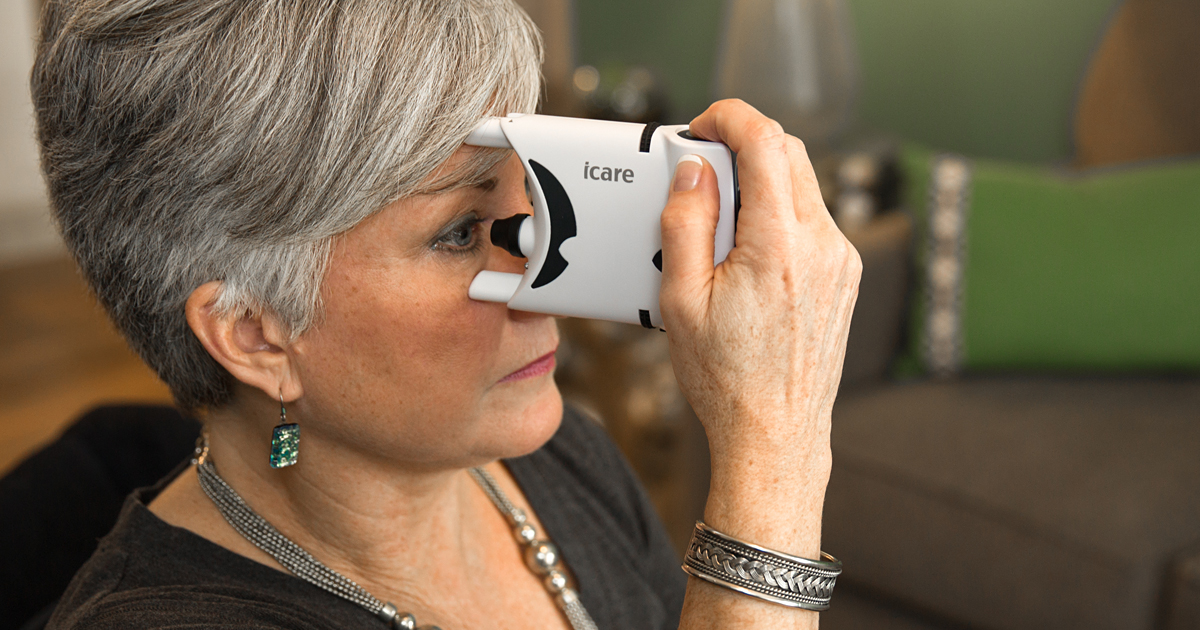What Causes Night Blindness (Nyctalopia)?
Glaucoma

Glaucoma is an eye condition that damages the optic nerve over time. The condition often correlates with a buildup of pressure within the eye. Though it often runs in families, glaucoma might not begin or show symptoms until later in an individual's life. When there's increased pressure within the eye, the optic nerve, the nerve responsible for transmitting images to the brain, becomes damaged. When the damage continues without being treated, it can lead to complete vision loss. Open-angle glaucoma is the most common and occurs when the eye's drain structure is normal, but fluid doesn't drain the way it's supposed to. With angle-closure glaucoma, there's a narrowing of the eye's drainage structure that leads to increased pressure. This type of glaucoma is more commonly seen in Asia than in Western countries. Glaucoma's initial symptoms include night blindness and seeing 'halos' around light sources. There may also be narrowing vision and eye pain, along with potential nausea.
Get more details on what can cause night blindness now.
Vitamin A Deficiency

Vitamin A is a nutrient necessary for multiple functions in the body. It's fat-soluble, so any supplements should be taken with food. In addition to helping with vision, vitamin A is also necessary for a strong immune system, healthy skin, and a healthy reproductive system. In foods, vitamin A comes in provitamin A or preformed vitamin A forms. The preformed kind, also called retinol, can typically be found in dairy, eggs, fish, and meat. With the provitamin kind, the body converts the carotenoids found in plant matter into vitamin A it then absorbs. A vitamin A deficiency rarely occurs in developed nations but is common in developing countries. Individuals with the highest risk of deficiency include children, infants, breastfeeding mothers, and pregnant women. In addition to night blindness, a vitamin A deficiency can cause dry skin, dry eyes, infertility, issues conceiving, delayed growth in children, infections in the throat and chest, poor wound healing, and acne.
Continue reading to discover more night blindness causes now.
